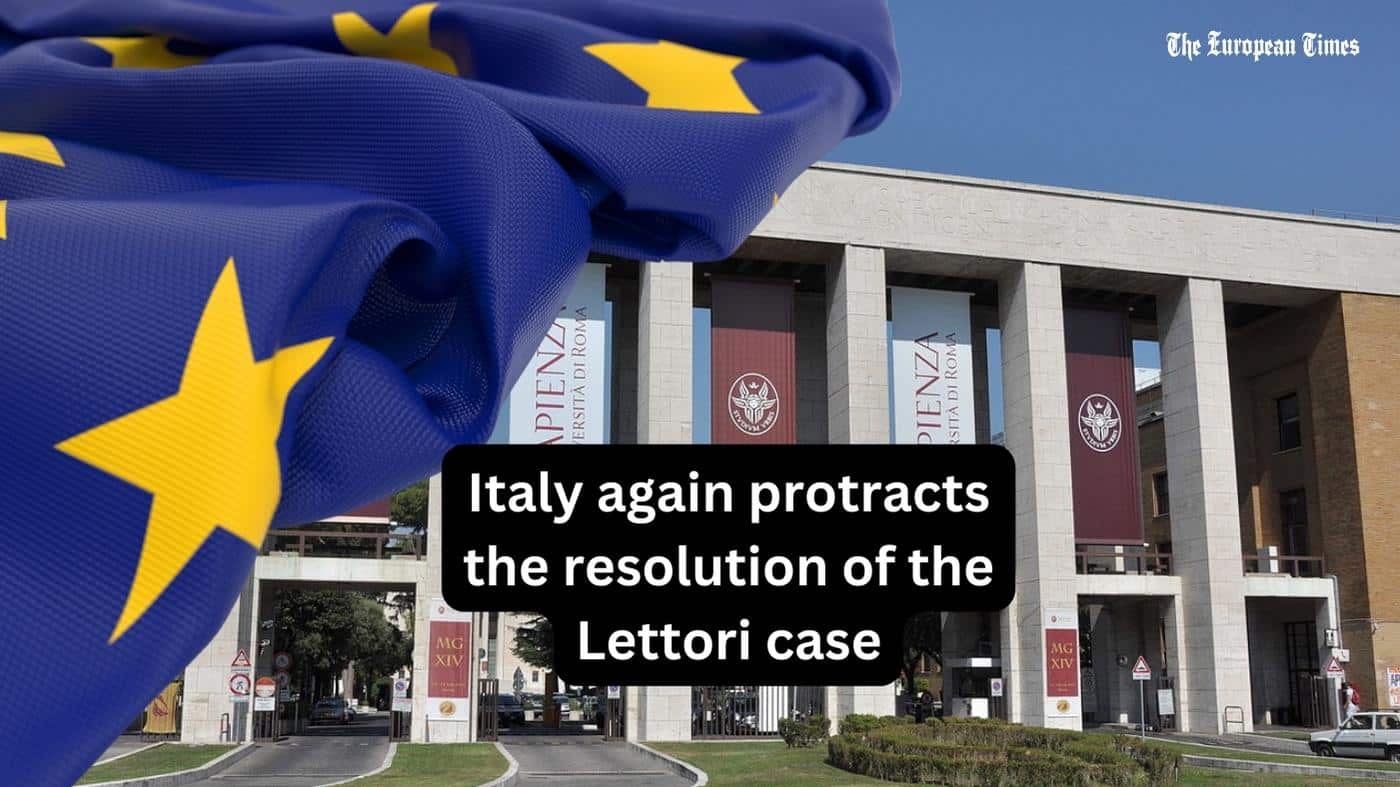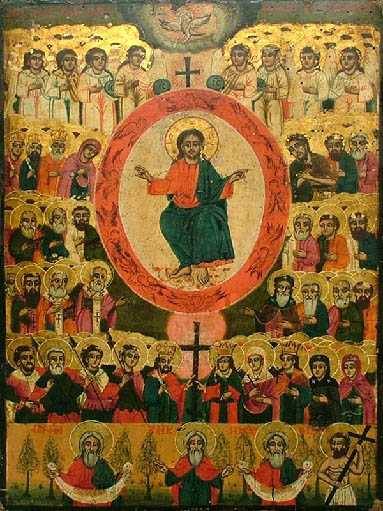In a statement issued by his Spokesperson, António Guterres noted that “most, if not all, United Nations agencies and our humanitarian partners, have been impacted by large-scale looting”, since the military power struggle between the national army and rival RSF militia began, which fighting now entering a fourth week.
Speaking to journalists at the daily UN briefing on Monday, Deputy Spokesperson Farhan Haq, said that it was mainly office and computer equipment that had been stolen at the weekend, by so far unidentified looters.
Close to a quarter of WFP food stocks looted
He reminded that overall, some 17,000 metric tonnes of food had been taken, mostly in the first few days of the fighting, worth at least $13 million – but probably a good deal more than that, once a full inventory can be taken.
Mr. Haq said that WFP had pre-positioned around 80,000 tonnes of grain and other foodstuffs before the violence began on 15 April, emphasizing that the looting was depriving civilians of potentially life-saving aid.
He confirmed that no food supplies were stolen during the weekend’s looting spree.
“This is the latest violation of humanitarian facilities since the start of the crisis”, said the UN chief’s statement.
“The Secretary-General reiterates the need for parties to protect and respect humanitarian workers and facilities, including hospitals. Civilians and civilian infrastructure must be protected in order to save lives.”
He said that the “needs of the Sudanese people, who are caught up in a humanitarian catastrophe, must come first.”
UN and partners work to expand aid effort
Mr. Haq said the UN and humanitarian partners were “working to expand humanitarian operations”, including improving the distribution network of aid around Sudan, “as we respond to rapidly growing needs.”
In Blue Nile State, the UN Children’s Fund (UNICEF) and partners are supporting health and nutrition programmes, including immunizations, screening and treatment for malnutrition, as well as pregnancy care and reproductive health services, he told correspondents.
In North Darfur, he said medicine, water and other items had gone to around 20 healthcare facilities, as well as sanitation and hygiene support, with at least 100,000 litres of water trucked in.
WHO aid begins to flow
On Friday, 30 tonnes of medical supplies were delivered to Port Sudan by the World Health Organization (WHO), together with the United Arab Emirates, he continued.
“The shipment contained enough trauma, essential medicine and emergency surgical items to reach 165,000 people via 13 major health facilities. It is WHO’s first air delivery to Sudan since the conflict erupted.”
He added that customs clearance had been secured last week for around 80 tonnes of medical supplies that were offloaded in Port Sudan – where the UN and other agencies are basing operations and creating a large hub, following relocation from Khartoum.
These supplies include intravenous fluids and supplies for the treatment of traumatic injuries and severe acute malnutrition.
Customs clearance essential
“With more humanitarian shipments expected to arrive in Sudan in the coming days and weeks, we call for customs clearance to be expedited to ensure that life-saving assistance can reach people in need as quickly as possible”, said Mr. Haq.
WFP operation continues
Last week WFP restarted its operations in Sudan to meet the needs of 384,000 pre-existing refugees, host communities and both pre-existing and newly internally displaced people across Gedaref, Gezira, Kassala and White Nile, Mr Haq said.
“This is the first time WFP will be providing emergency food assistance in Gezira, where we are seeing freshly displaced families fleeing the conflict in Khartoum.”
Thousands of people have crossed into South Sudan as they flee ongoing conflict in Sudan.














